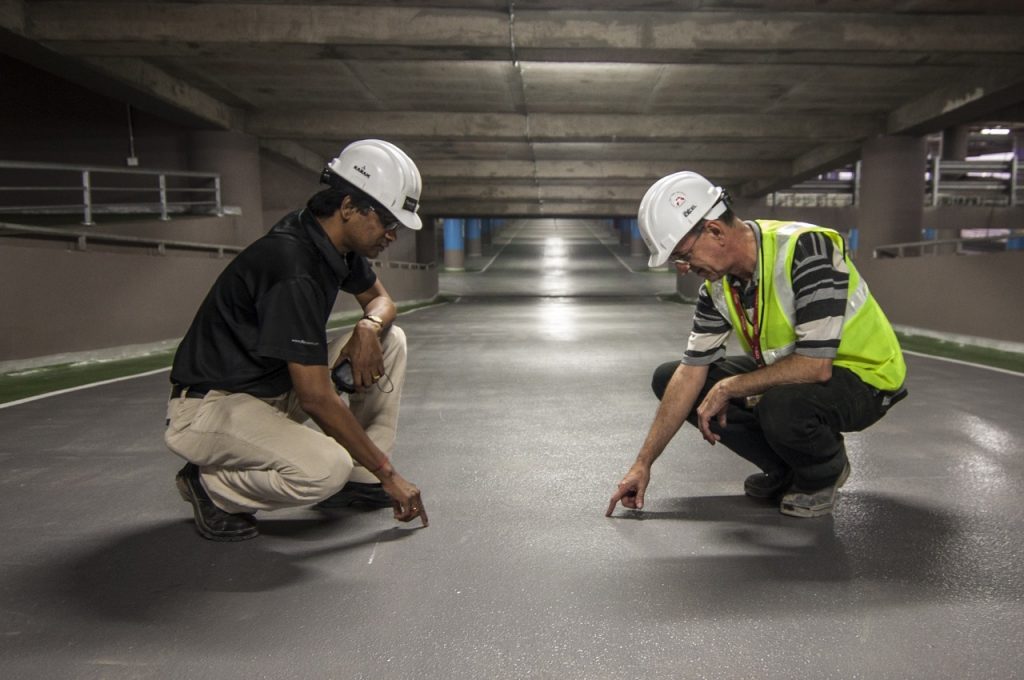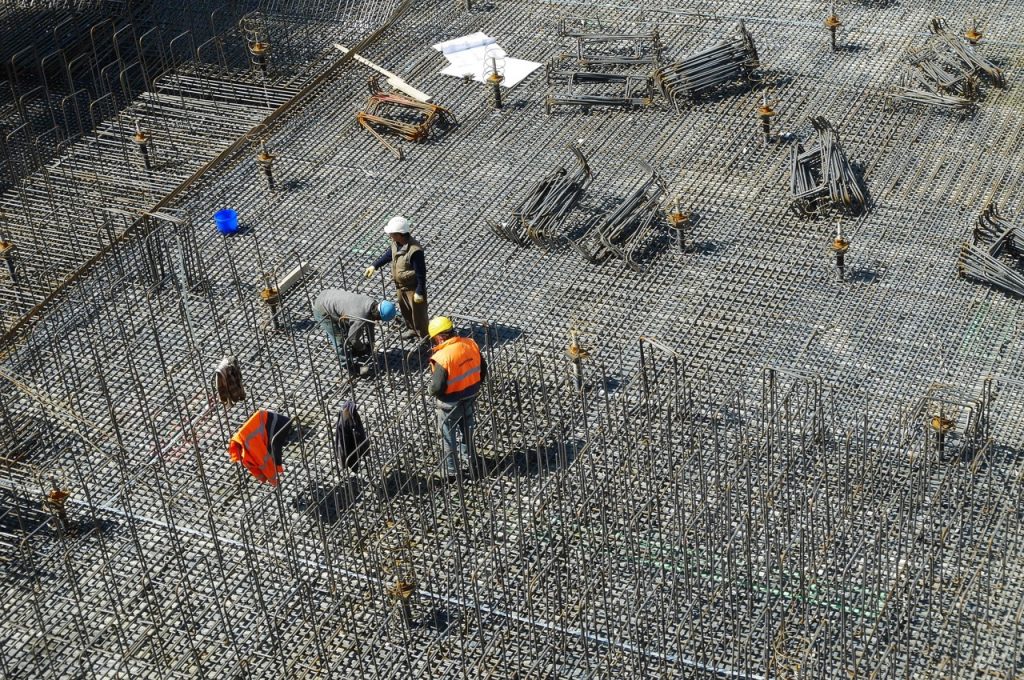Time management is one of the most important aspects of project management. This is true for anyone in the building and construction industry, regardless of if you’re a trades person looking to upskill or you’re a fresh-faced construction manager aiming to make use of your skills.
Construction managers need to know everything about a job like the back of their hand; they need to know all the trades, as well as how to prioritise people, processes, workflows and regulations. They need to achieve all of this while making sure projects are finished on time and stick to budget.
For a lucky few, time management comes naturally. For others, figuring out how best to juggle so many commitments and stay on schedule takes time and practice. In this case, a diploma of building and construction is your best tool.
By investing in your skills now, you’ll thank yourself later as you’re able to advance in your career and find increasing amounts of satisfaction. If you aspire to work on bigger, more expensive projects, with more responsibility, a CPC50210 Diploma of Building and Construction is for you.
Below we have listed some key time management tips for you to read and think about. No matter your current role in the industry, these tips are for everyone to start improving their time management approach.
1. Hold Agenda-Driven Meetings
Meetings are a necessary part of projects at any scale. Workflow updates, solution brainstorms, and outlines for tasks ensure everyone onsite is on the same page and the project completed in a timely manner.
In reality, meetings aren’t always smooth sailing. Topics can easily veer off-track, drain resources and most importantly waste time. Tradies and construction managers alike know the importance of teamwork, and learning to keep a team on track is essential to the success of a job, in class and on the worksite.
The secret to hosting a productive meeting is effective leadership and a clear agenda. The outcome of this is that the timeframe can be managed, while making sure that key points and concerns are raised and addressed fairly. If you outline a clear goal at the beginning of the meeting, then it makes it easier to prioritise and delegate tasks to certain people.
Before the meeting ends, it can be good practice to allow each person in the team a space to voice any concerns or pain points they are experiencing or anticipating. This can become an essential practice for you and your team. By taking time to listen and take feedback, you get a better sense of what is happening onsite and also foster a sense of trust when action is taken to help address any issues.
If an issue seems to be snowballing, delegate it to a smaller team and have them report together back to the group. Not only will this save you time, taking the time to give those team member a sense of accountability will help members learn new skills as well as feel valued.

2. Use Construction Management Software Tools
Time planning tools and techniques in project management can help both everyday life onsite and long-term projects be successful. These tools can also help pinpoint areas that need improvement, and therefore help to reduce overstretched resources and reduce human-related error.
When studying a Diploma of Building and Construction one of the key learning areas is technology, where you can familiarise yourself with these programs and get a head start on those managers who are unable to use this technology successfully. Being able to step into a construction manager role and implement a time management system is a massive advantage.
There are a number of construction management tools available, and it’s often best to limit yourself to a few programs at a time – using only those which will make a substantial difference to you. Those that give you visibility into how your project is tracking are great to start with and you’ll notice the effects immediately.
You’ll likely want to assign tasks to certain people, view a timeline of progress, and filter data according to employees or teams, priorities, and works dependent on the completion of others. This will allow you to quickly see which teams or employees need more support, where resources can be directed and how the pipeline will be impacted—all in one place.
By the end of the project, you’ll have data on employee performance, common disruptions and where to anticipate problems for the next build. While delays are a normal part of project delivery, the most important part of a delay is how you handle it. Project management tools can make these delays much more manageable.
Ideally, if you decided to take on a diploma of building, you’ll gain access to onsite construction projects to see how the programs work on real projects.

3. Prioritise Tasks for Impact
As anyone who has completed a Diploma of Building and Construction online will tell you, being able to prioritise tasks is paramount to delivering projects without last-minute stress.
All diploma students are familiar with a task list, but a list won’t tell you how to most effectively schedule your time. The Pareto rule, also known as the 80/20 rule, simplifies a long list of tasks, many of which could be urgent.
This Pareto rule identifies 80% of effects being caused by just 20% of all problems. By focusing your efforts here, you can be certain that the majority of the project will be on schedule most of the time.
Of course this only works when you don’t take into account unplanned hiccups along the way. These problems, such as a delivery being delayed, or a mistake being made, can mean you’ll need to reframe your priorities and make a judgement call. You’ll be made to weigh up urgency and importance, and by constructing a matrix of these two things, you can address the most important issues much faster and more clearly.
Although these methods are great for working onsite, you can use them elsewhere too. If you’re planning on undertaking a Diploma of Building and Construction it will be essential to balance your training with your day job and your personal life.
By prioritising your study, you’ll be more likely to graduate faster and achieve your career goals more quickly.
Ready to get started on your Diploma of Building and Construction? Find out more here, or get in touch here.





